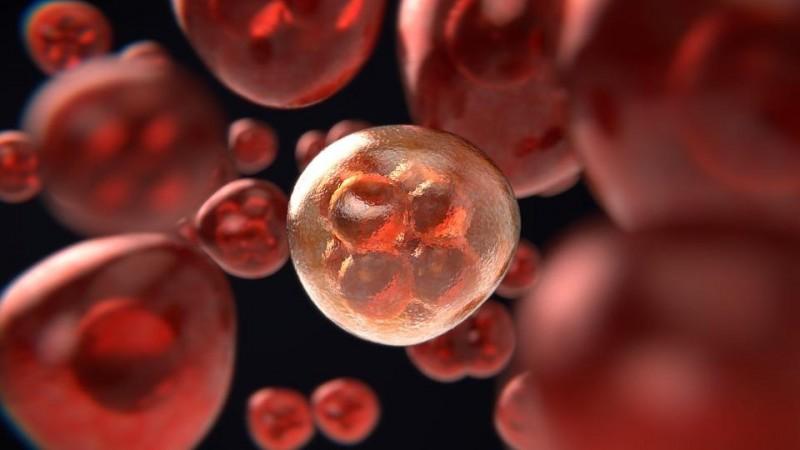With over 685,000 annual casualties, and around 2 million new cases every year, breast cancer is one of the most common forms of cancer affecting women. It can spread—metastasis—to other parts of the body such as the lung and grows there; worsening the toll on the body. Now, scientists have found that metastatic breast cancer cells can reprogram a specific immune cell in order to promote cancer metastases within the lungs.
Through a new multi-institutional study, researchers have discovered that metastatic breast cancer cells reprogram immune cells known as macrophages to make blood vessel cells produce a lethal 'protein cocktail'. These proteins encourage the metastasis of breast cancer in the lungs. The findings were published in the journal Nature Cancer.
"The complexity of the crosstalk between cancer cells, macrophages, and endothelial cells is striking. With a better understanding of the numerous proteins and other factors involved in these metastatic interactions, we were able to identify a variety of starting points for new strategies against breast cancer metastasis," said Dr. Thordur Oskarsson, corresponding author of the study, in a statement.
Spreading Across the Body

Metastasis is said to occur when cancer cells proliferate to other parts of the body from the primary site of the tumour. These cells also infiltrate their microenvironment. Cancer cells circulate through the lymphatic system and the bloodstream across the body and make their way to healthy tissues far from the site they originated from.
However, to metastasise at a secondary site, tumour cells must liaise with their new environment via several molecular interactions. "In order to settle in this new, hostile milieu, the cancer cells corrupt the microenvironment to support their growth," explained Dr. Oskarsson. This process is referred to as the creation of a "metastatic niche."
Tumor cells—that have detached themselves from the tumour—often remain in their immediate surroundings. However, this is where blood vessels play a crucial role in metastasis. Particularly, the interactions between cancer cells and the endothelial cells that line the inside of the vessels are said to be of consequence in the process of metastasis; a relationship that several studies have proven. Nevertheless, the specifics of this molecular exchange remain largely unknown.
A Lethal 'Protein Cocktail'

For the current study, the authors used a mice model to examine the molecular exchange that occurs during metastasis of the lung by breast cancer cells. The first observation that they made was that four genes in the endothelial cells (within the lungs) exhibited a significantly high activity three weeks following the beginning of metastasis. These genes encode four proteins— Inhbb, Lama1, Opg, and Scgb3a1—that are released into the microenvironment.
The mentioned proteins, both individually and in combination, are responsible for the promotion of lung metastases. While Opg impedes apoptosis (programmed cell death), Lama1 encourages cell survival. On the other hand, Inhbb and Scgb3a1 provide cancer cells with stem cell-like properties.
Reprogramming Macrophages
The learnings demanded the answering of an important question: How do cancer cells make lung endothelial cells manufacture this protein mixture that promotes metastasis? Surprisingly, it was found that cancer cells enlist the help of macrophages to assist them in the completion of this job. Macrophages are immune cells that eliminate foreign substances and trigger immune responses.

Tsunaki Hongu, the first author of the study, elucidated, "These macrophages, which often reside in the vicinity of the lung blood vessels, are activated by tenascin, an extracellular matrix protein produced by breast cancer cells." Tenascins (TN) are a group of glycoproteins— TN-C, TN-R, TN-W, TN-X, and TN-Y—that are associated with the progression of several cancers.
After being activated by TN-C, numerous factors that can induce the production of the harmful protein cocktail within the endothelial cells, are produced by macrophages. Through the elimination of macrophages, or their functions (utilising particular molecular agents), the team was able to demonstrate that these cells are essential for the production of the metastasis-inducing protein combination. The scientists have formulated initial therapeutic concepts using the findings of the study, and intend to validate them through additional studies.

















